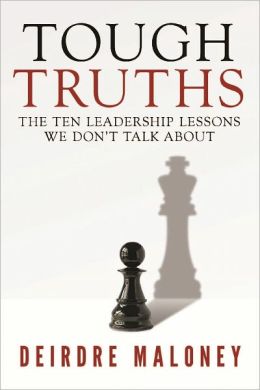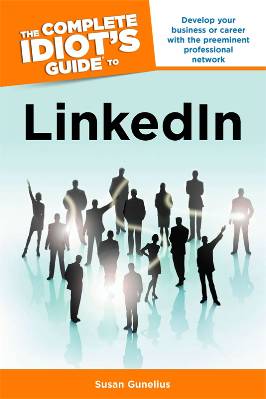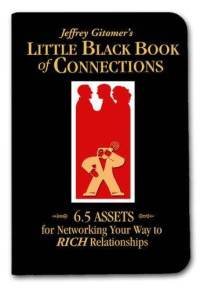At Lighthouse Beach, looking at my reflection in a different way.
How do you define the word ‘reflection?’
At the moment I’m sitting outside on a sunny day overlooking the Pacific Ocean on the Oregon Coast. The venue is called Lighthouse Beach because the Cape Arago Lighthouse is the prime visual attraction. Or is it?
Actually, the ocean waves are pounding against the beach and the rocks creating majestic waterspray vistas that are indescribable. You gotta be here. You gotta see it.
I spent my first 10 minutes in awe of the sight.
After that, I began to gather thoughts. Thoughts of other beautiful places I’ve been. Thoughts of undone things I gotta do. Goals and dreams. And of course just reveling in the moment.
As a writer this would be termed a ‘fantasy venue.’ As a thinker there could be no better place to conjure up all sorts and new thoughts.
REALITY: In the big picture of things, I am one grain of sand in the beach of life. Yet I’m here today basking in its glory. I’m grateful.
The ocean’s relentless waves roll in whether I am here are not. Today is a rather calm day, but I’ve seen the ocean so violent here that it defies description. Wind, rain, waves crashing against rocks – almost like the ocean is a cauldron with a one million degree fire.
“So what?” you’re probably saying. “You’re on the beach watching the waves, and I’m here in my office working my ass off, or making cold calls, or out here sweating on a sales appointment, or following up with some guy that won’t return my call, or (worse) being beaten by price.”
Those are your issues, but in the heat of your mess, we do have something in common. It’s time for reflection. Not the one you see in the mirror in the morning. I’m talking about a way bigger reflection than that. It’s a reflection about time, accomplishment, achievement, and fulfillment. Life reflection.
When I was cold calling in New York City, often making sales, but more often getting my head handed to me, waves crashing on the beach never entered my mind. The ocean never entered my mind. I was caught in the spiral of the process, failing to reflect on it and see what else could have been done, or how much smarter I could have (should have) been. How many more chances should I have taken?
What do you reflect on right now? And how are those reflections impacting your actions? Your achievements? Your success? Reflections are not just about sales, they’re an important part of life. Your life.
Beyond sales, reflections are about people and moments and books that have impacted you. The lessons you have learned along the way. Things completed and things left undone. Your bucket list and the next thing to cross off. And, of course, your present situation and how you got there.
While it’s a little easier for me to reflect right now, at some point in your life reflection will begin as well. I don’t know the day, and neither do you. But I promise you it will happen. And when it does, it will mark the beginning of a new era. A big picture era that no longer focuses on quota. Rather, it allows you to take a hard look at life. When that transition begins to happen your sales will double.
You’ll no longer be fretting about the subject line in an email. Instead, you’ll be taking actions to build your personal reputation, your personal brand, and your stature in your marketplace.
The transition will help you evolve from salesperson to sales leader. Not manager, leader. You lead your own charge, you lead your own way, you lead your own plan to build your own reputation through the leadership you created with customers.
- The way people speak about you.
- The way to refer to you.
- The way they refer other people to you.
- The way that they reward you, not just with sales, but with referrals and accolades.
And hopefully those accolades will show up someplace in your social media profiles or on their blog or their website, and most certainly on Google.
For some of you right now this makes no sense. Reason? Simple, you haven’t begun the reflection process. Save this piece. Your day will come. And as I’ve said many times before, when you get what you want you better be ready.
During this coastal visit, I’m writing about the Unbreakable Law of Selling, a forthcoming book that will help hundreds of thousands of people understand sales better, execute their sales process better, and make more sales to more people. The inspiration I feel right now will directly impact those words.
Today I have clarity – ultimate clarity and understanding of what it took to make my sales (the reflection), and what it will take for you to increase your sales to a point where you can begin to reflect and bask in your own sunlight, at your own ocean, with your own waves pounding against the shore.
Pick a time, pick a place, and go.
Reprinted with permission from Jeffrey H. Gitomer and Buy Gitomer.
About the Author




